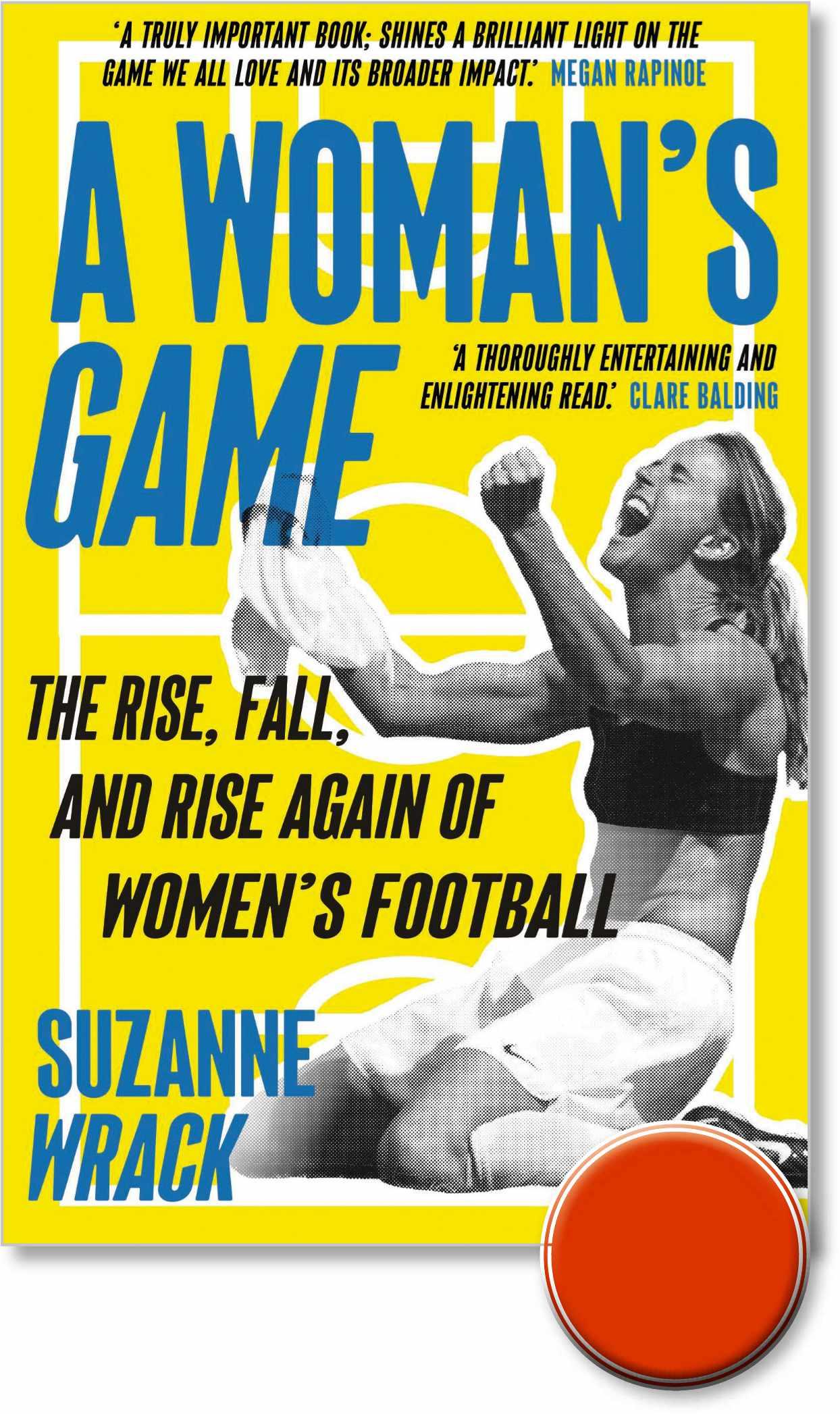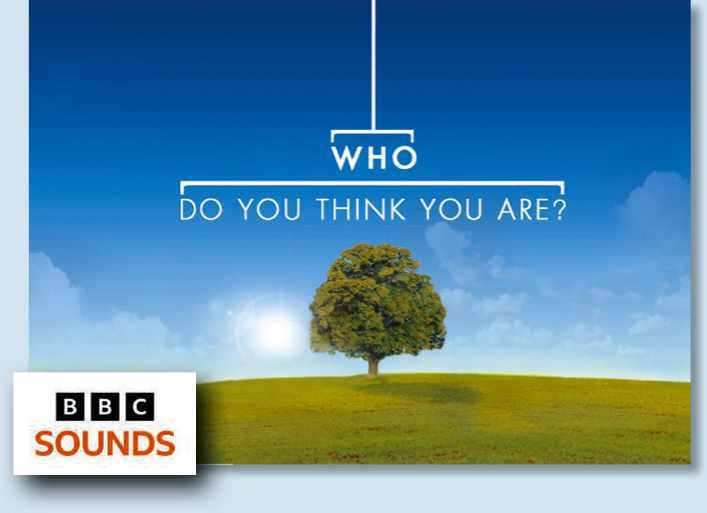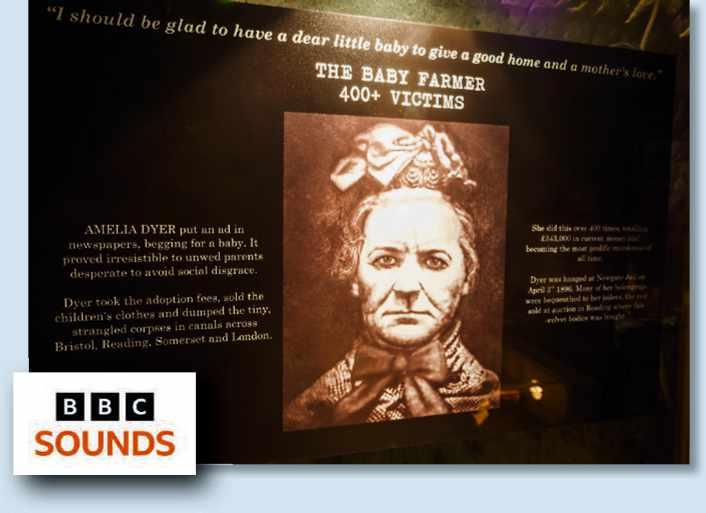
4 minute read
Books & Podcasts
THIS MONTH’S BEST HISTORICAL READS AND LISTENS
A Woman’s Game: The Rise, Fall, and Rise Again of Women’s Football

By Suzanne Wrack Guardian Faber Publishing, £14.99, paperback, 256 pages As the UEFA Women’s Championship kicks off this summer, this book offers a lively, accessible history of women’s football. Suzanne Wrack traces its origins in the Victorian era, its huge popularity throughout the 1910s, and the politically and financially motivated 1921 ban that saw the game pushed to the sidelines for half a century. She also charts its triumphant return and the ways in which women’s football has had a huge impact far outside the realms of sport.
BOOK OF THE MONTH
Rule, Nostalgia: A Backwards History of Britain
By Hannah Rose Woods WH Allen, £20, hardback, 400 pages This look at how the past has been regarded and repackaged by generations of people in Britain offers a very literal backwards history – opening with the culture wars and political divisions of the 21st century, before investigating the nostalgia of periods including World War II and the Victorian era. It’s a fascinating exploration of why we turn to the past for comfort in times of crisis, and how history is used by those in power to shape present-day arguments.
Rogues, Rebels and Mavericks of the Middle Ages
By John Brunton Amberley, £20, hardback, 320 pages There are few better ways of revealing a society’s constraints than profiling some of the unlucky, unlikely or plain unlikable people who found themselves chafing against those limits. This set of concise biographies filters the medieval world through the experiences of 22 such characters, including mercenary and pirate Eustace the Monk, philosopher and theologian William of Ockham, and Plantagenet peeress Margaret Pole. Together, they depict a deeply proscribed world in which non-compliance could have serious consequences – including, but not limited to, death.
Atoms and Ashes: From Bikini Atoll to Fukushima
By Serhii Plokhy Allen Lane, £25, hardback, 368 pages
Harvard University historian Serhii Plokhy has, in recent years, turned his attention to meticulously exploring some of the 20th century’s most dramatic moments. Now he applies his forensic detail and skilful use of eyewitness accounts to six nuclear catastrophes, including the fire at Windscale in 1957, the 1979 accident at Three Mile Island in the US, and the 1986 Chernobyl disaster. By setting them side by side, parallels emerge – as do lessons for our future use of atomic power.
The Facemaker: One Surgeon’s Battle to Mend the Disfigured Soldiers of World War I
By Lindsey Fitzharris Allen Lane, £20, hardback, 336 pages
Many of the men who survived the horrors of World War I did so at great cost to their minds, their bodies, and – because of the nature of trench warfare and the everpresent threat of shrapnel – their faces. This book tells some of their stories, and that of surgeon Howard Gillies, whose pioneering experiments in plastic surgery saw him transform the faces of thousands of soldiers throughout the conflict. It was a remarkable achievement, movingly told in this new account.
Berlin: Life and Loss in the City that Shaped the Century
By Sinclair McKay Viking, £20, hardback, 464 pages
If you want to understand the divisions and dichotomies of the 20th century, you have to understand Berlin – its people, its streets, its stories. That’s the central argument of this book, which follows the city’s inhabitants as they experience the trauma of World War I, the freedoms of the Weimar Republic, and the destruction and division of World War II and its aftermath. This is epic stuff, but the focus resolutely remains on the people buffeted by vast forces beyond their control.
WHAT TO LISTEN TO...
Each month we bring you three of our favourite podcasts from the BBC and HistoryExtra



Ladyd KillerKil s with Lucy Worsley
bbc.in/3NhGMlH

Theh WhW o Do You Think You Are? podcast
bbc.in/3wrwsAt


HistoryExtra: The Black Death
historyextra.podlink.to/TheBlackDeath
This BBC Radio 4 series from author and broadcaster Lucy Worsley re-examines murders carried out by women in the Victorian era from a 21st-century, feminist perspective. As always, Worsley is an insightful guide, and she’s joined by a range of experts who consider how such cases might unfold if they came to trial today. If you’re a fan of the BBC’s long-running genealogy TV show – currently on its 19th series – you can now reacquaint yourself with some classic episodes thanks to this podcast spinoff. Each focuses on a household name as they delve into their family tree, uncovering secrets and metaphorical skeletons along the way. Expect tears. In the 1340s, people around the world started dying from a mysterious disease. Across the coming decade, it would go on to kill millions. But what factors sparked its spread? That is one the questions at the heart of this new six-part podcast investigation, presented by Ellie Cawthorne. EE For more about the Black Death, turn to page 70










